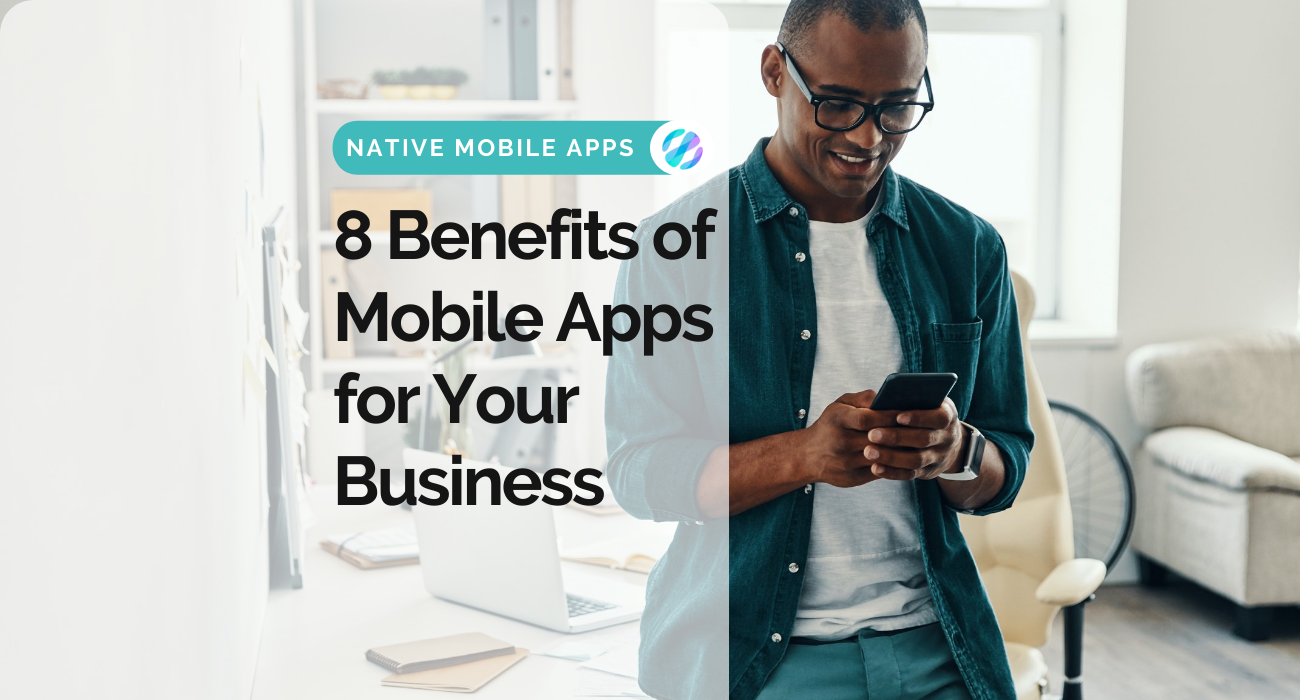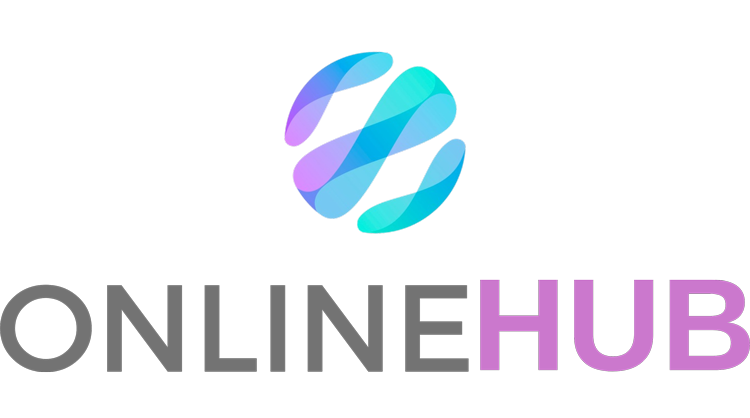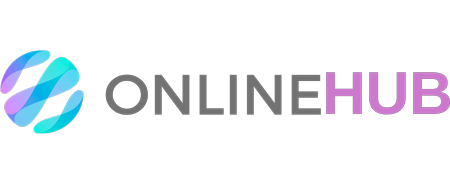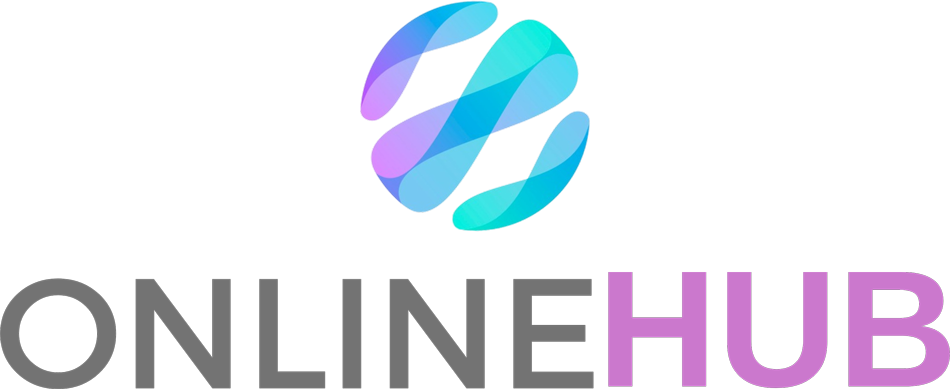
8 Benefits of Mobile Apps for Your Business
Considering that most people always carry their mobile devices with them, this poses an incredible opportunity for businesses to use mobile apps to reach their target audience.
This article will look at the 8 benefits of mobile apps for your business and how you can use them to provide valuable customer satisfaction.
1. Increase Sales
More sales and increased brand awareness is ultimately what all business owners want. Whether you are a coffee shop, fitness studio, hotel, or any other type of business, increasing sales of your products and services will lead to your business’s success.
Mobile apps can help. Studies have found that time spent in-app correlates strongly with sales. People use your mobile app to connect with your brand and research purchases. The more time they spend doing this, the more likely they will buy from your business.
Customers are also increasingly purchasing on mobile rather than desktop.
Offering the best mobile app experience will enable you to change consumer habits.
There are many reasons why mobile apps make such a good sales channel for products and services.
For starters, it’s easy for people to buy via apps. Once they register as a user, their profile, delivery, and payment information are saved. There is little barrier to repeat purchases.
It’s also easy to offer extra features—like loyalty schemes and push notifications—that encourage your customers to buy from your business.
2. Compete with Larger Businesses
Running a small business is never easy, and you need every advantage you can get to help compete with more prominent brands, ensure customer satisfaction and boost brand awareness.
A mobile app helps by offering the same experiences as larger competitors already benefiting from mobile app development.
3. Communicate Directly with Customers
Mobile apps enable communication between businesses and consumers in many ways. Here are some of the most effective.
Push Notifications
Push notifications are one of the biggest app communication channels. If you have a mobile app, your business can send notifications to customers when you have news to share.
This could alert customers to offers, new products and services, or company updates.
You don’t want to send too many push notifications for fear of annoying your customers. But if your notifications provide value, they can increase user experience and build brand awareness.
Direct Messaging
Direct messaging is another way mobile apps allow direct communication between potential customers and your business.
Here is one place where this can help:
Online shoppers often need support to complete a purchase. This could be because they are unfamiliar with the technology or need more information before buying.
Either way, in-app direct messaging makes it easy for customers to contact someone while buying. They get answers to any questions they have about your product or service.
You could also use in-app messaging to offer customer support, enable bookings or reservations, or take orders directly.
Promote Other Mobile Communication Channels
Mobile apps are a valuable way to direct customers to other support channels. Adding your phone number links to social media channels and email address to the app makes it easier for customers to contact you.
Or you can create support documentation that answers common customer questions on your apps.
The key is to look at how customers want to connect with you and promote these in your mobile app to increase customer engagement.
4. Simplify the Buyer Journey
A few years ago, customers visited a shop when they wanted to purchase. More recently, they could buy by finding a computer, heading to your website, and choosing what they wanted.
One of the advantages of mobile apps is that you can take this evolution one step further by making it easy for customers to buy from you wherever they are. They no longer have to come to your physical location, log in to a computer or search your store on the web.
While mobile websites also do this, mobile apps have several advantages over websites.
Mobile apps are generally faster to use. Customers no longer have to navigate to the website on their phones. They open the app on their mobile devices and are already on your platform.
Additionally, customers that use mobile apps can stay logged in and save their details, including payment and delivery information, to their phone. This makes buying easy to do.
5. Build Customer Loyalty
Having loyal customers can increase sales. Studies have shown that members of loyalty schemes spend more than non-members.
Other research suggests that it is cheaper to sell to existing companies than new ones.
Businesses can improve customer loyalty through a customer rewards program through a mobile app.
These programs encourage customers to make repeat purchases by offering rewards and freebies to those who frequently buy from your business.
Starbucks is a business that knows the value of a good loyalty program. The most recent figures from the company show that its Starbucks members program has an incredible 17.6 million active members, with the CEO calling the program an “important growth driver.”
Rewards schemes aren’t the only way to build repeat sales with a mobile app. You can segment users and send them personalized offers and discounts that appeal to their needs.
Or you can create and share content that brings the user closer to your brand.
6. Build Your Brand Value
Providing a positive in-app experience can help drive sales at your business.
There are other ways an app can build brand value. A mobile app puts your company in the same category as the larger business.
It makes you appear to be at the cutting edge of technology. It also provides further brand visibility as customers can interact with your brand in more ways.
7. Create a Direct Marketing Channel
A huge benefit of a mobile app for your business is a direct marketing channel between you and your customer. This means you own the channel, and no third party controls your communication or messaging.
This has several benefits:
It’s Cheap
Once a customer has downloaded your mobile app, you don’t have to pay a cent to get in front of them. You can send notifications, offers, or messages promoting your business as often as you want at no extra cost.
Compare this to other channels like PPC search ads, social media advertising, or billboards. These marketing methods cost money every time you want to promote your product.
You Own Your Data
Mobile apps aren’t the only free marketing channel. Social media sites like Instagram or YouTube also offer free ways to get your brand in front of customers. But their effectiveness is entirely reliant on an algorithm controlled by a big tech company.
This means you are always at risk of losing access to your audience. Consider what happened to the organic reach of Facebook pages in the middle of the last decade.
Pages went from reaching most people in their audience to hitting an average of 5.2% of a page’s followers.
These sites can still be great marketing channels. But building your own direct channels alongside social audiences can reduce your risk exposure to algorithm changes.
Keep All Your Profits
Another benefit of owning your own marketing channel is keeping all profits from sales. You don’t have to pay a third party a percentage of your sale.
Take a restaurant that offers its service on delivery platforms like Uber Eats. These services can charge commissions of up to 30% of a total order value.
If you make many sales through these platforms, this commission soon adds up to much money.
You don’t need to move away from these platforms entirely. But by building your own mobile app audience alongside sales from these products, you will be able to reduce your dependence on third-party platforms.
7. Provide a Personalized Experience
Another benefit of mobile apps for businesses is providing a personalized experience. For example, you can schedule notifications using geolocation technology so that the customer receives a notification when they are close to your business.
Alternatively, you can create customer segments and then tag each customer based on these segments to provide more relevant content. This will allow a restaurant to send one offer to families and a different one to young professionals.
8. Increase Brand Engagement
Mobile apps are excellent tools to increase customer engagement. They do this in several ways.
- Loyalty schemes give your customers reason to keep buying from your business.
- Once a user has installed the mobile app, you can use notifications to get them to reopen it.
- Users can communicate with your business directly through the mobile app. By making it easier for users to get in touch, they are more likely to do so.
- You can encourage users to keep coming back for more by releasing mobile app content frequently. For example, the McDonald’s app has coupons that change every week. This encourages users to check back often.
Developing a Mobile App for Your Business is Easier Than You Think
There are many benefits of mobile apps for business owners. They are a great way to provide value to your customers, and in turn, they can increase sales.
It is often assumed that mobile apps are expensive and difficult to create. But this isn’t always the case.
Here at OnlineHub, we have a simplified mobile app development process. We build apps for business owners based on what they would like to offer their customers.
Once we have identified the Mobile App features, We will start the build process and create an attractive and easy-to-use mobile app to represent your brand.
The whole process can be completed in just 30 days, depending on how large the Mobile App needs to be, and we’ll even help publish your app on both Google Play and the App Store.


